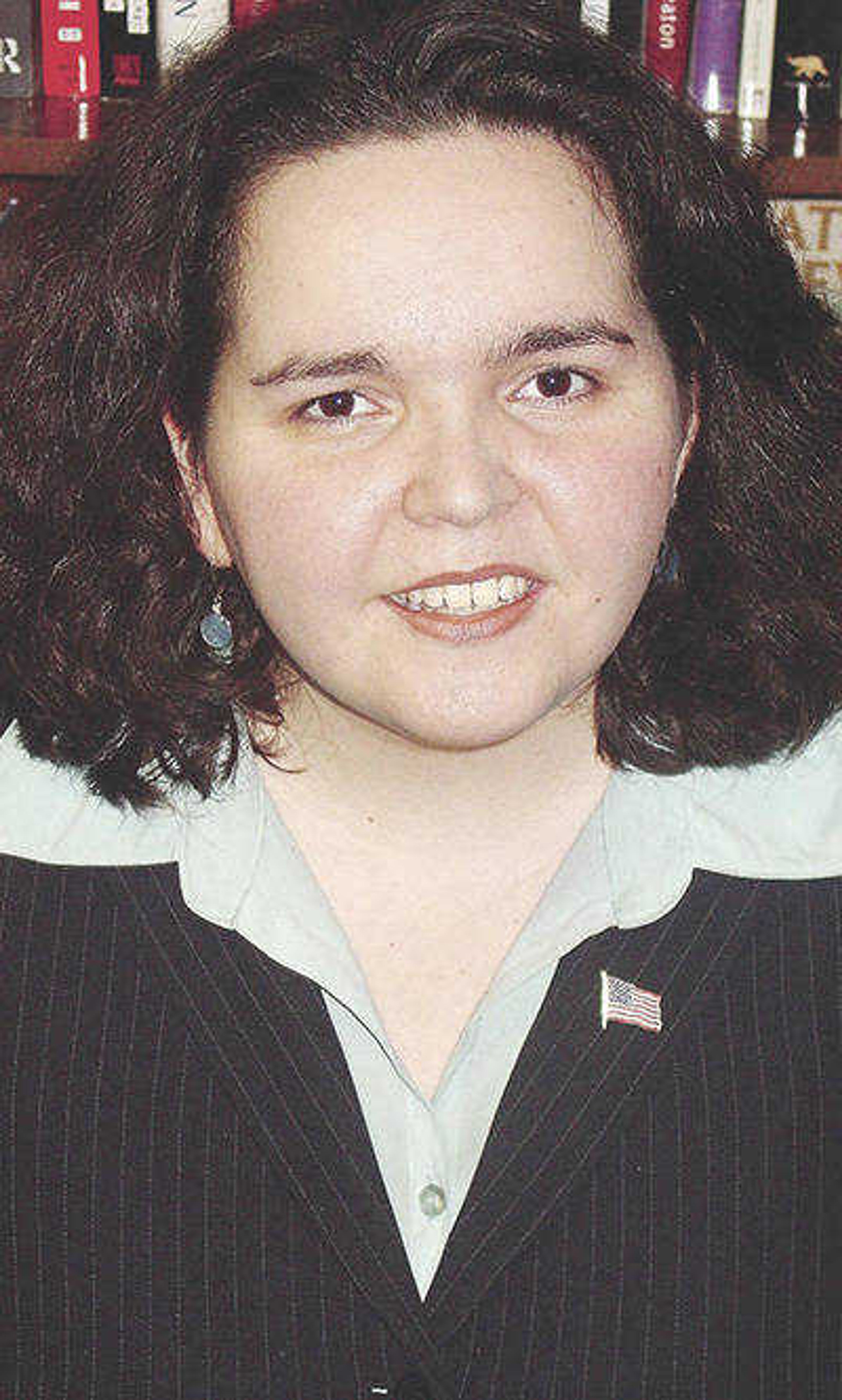No good answers in Britain
By the time you read this column, Alta Fixler may no longer be with us in this world. Alta is a 2-year-old who is severely disabled. Born premature, she showed no signs of life until doctors resuscitated her and put her on a ventilator. After spending her entire existence on life support, Royal Manchester Children's Hospital has now decided that her time is up, at the objection of her parents. And the parents are running out of options...
By the time you read this column, Alta Fixler may no longer be with us in this world. Alta is a 2-year-old who is severely disabled. Born premature, she showed no signs of life until doctors resuscitated her and put her on a ventilator. After spending her entire existence on life support, Royal Manchester Children's Hospital has now decided that her time is up, at the objection of her parents. And the parents are running out of options.
The Fixler family are Hasidic Jews with Israeli citizenship. They want to bring her to Israel, where doctors are willing to see if they can do anything for her. A charity has offered the family a free plane ride wherever they want to take her -- there's a visa for her to come to the United States as well (her father is also an American citizen). Neither the British High Court nor the European Court of Appeals will help her mother and father. A judge on the High Court, Alistair MacDonald, went so far as to say that Alta has no religious-liberty rights because we don't know that Alta would share her family's values. Alta Fixler is 2 years old! Parents make those kinds of decisions for their young children. Or at least that's the way it should be.
Manchester Children's Hospital says that Alta is in constant pain, but her parents dispute that. A judge on the High Court dismissed the opinion and observations of her parents and their rabbi because none of them are "medically qualified." He wrote that Alta "has and will continue to have minimal or no awareness of her family and social relationships, minimal or no ability to respond to external stimuli so as to take comfort or enjoyment from those who love her or the world around her and engage in the enlargement of knowledge of her world."
He said that "continuing life-sustaining treatment will confine Alta to being kept alive for the remainder of her life in a hospital room without windows, her life sustained by machines in a world she cannot meaningfully perceive or connect with."
Should doctors and judges be determining what makes for a meaningful life? Should parents be stripped of their rights to care for their child? No one thinks the chances of Alta recovering are very good, but does that mean her life should be ended, especially when her parents don't want it to?
And forget Alta's life; the court won't even let her die on her family's terms. The court refused to allow Alta to be released from her hospital prison so that she could be taken off life support in Israel, where she would be surrounded by her physical and religious families, because there would be "no medical benefit."
But what about spiritual benefit, to both Alta and her grieving family and friends? But the court appears to be completely uninterested in the feelings of Alta's parents.
This case is tragic and cruel. There appear to be no good answers. But Britain seems determined to see this child die within its borders, on its timetable. The judges and doctors have the best of intentions: an alleviation of suffering. But the doctors aren't God. Courts aren't, either. And while I certainly agree that there are times when palliative care is perfectly appropriate and humane, the way this is all happening is chilling. The temporal isn't everything, and we should all be able to agree that the spiritual care of a child is well within parents' rights.
If you are a person who prays, keep the Fixlers, all of them, in your prayers. Extreme cases like this expose our dangerous, dehumanizing secularization in the West.
klopez@nationalreview.com
Connect with the Southeast Missourian Newsroom:
For corrections to this story or other insights for the editor, click here. To submit a letter to the editor, click here. To learn about the Southeast Missourian’s AI Policy, click here.










